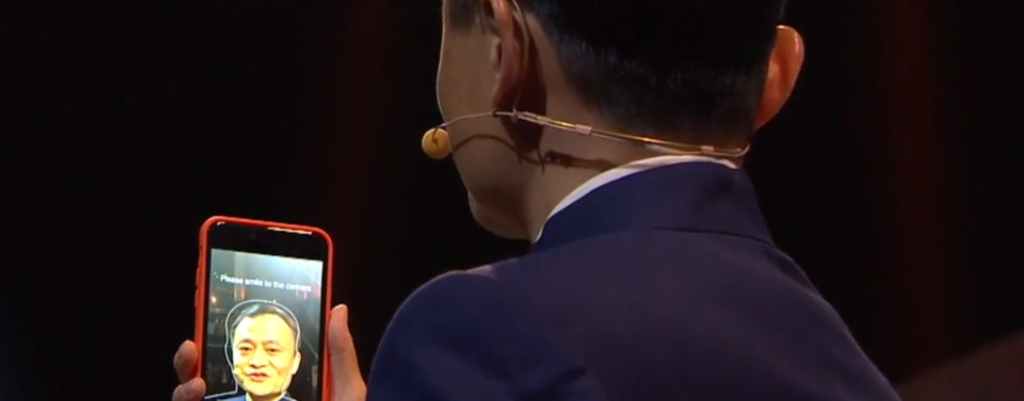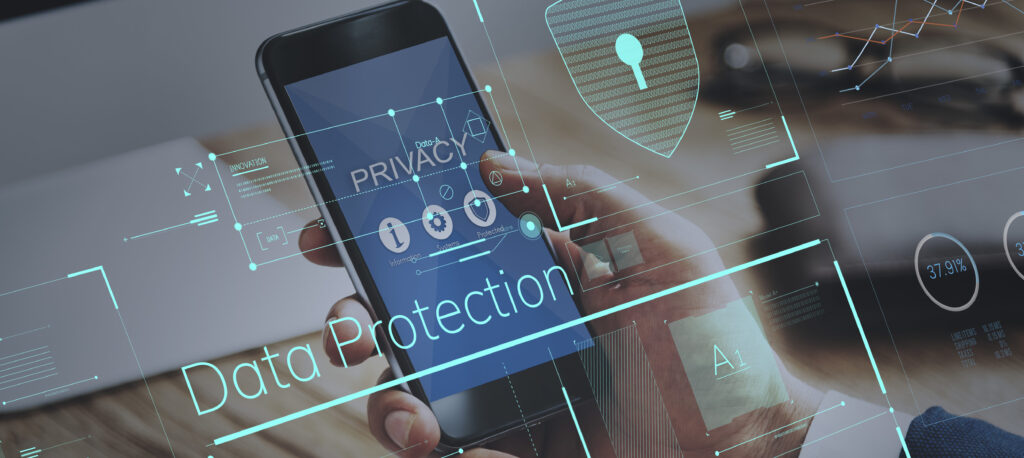With bold claims like powering self-driving cars and streaming virtual reality, the promise of 5G in Malaysia has captured the imaginations both tech-geeks and casual internet surfers alike.
Moving past some of these futuristic claims, just the basic premise of 5G being twenty times faster than 4G alone should be reason enough for people to get excited.
Which is why it is welcomed news when the Malaysian Government has committed to implement 5G in Malaysia within the next 2-3 years.
With 5G just lurking around the corner, we recently spoke to Ir. Ts. Azizi A. Hadi, Chief Executive Officer of TM ONE, the business solutions arm of Telekom Malaysia Berhad (TM) to explore on how a 5G reality would impact fintech and financial services in Malaysia.

He commented, “As a member of the Malaysian Communication and Multimedia Commission’s (MCMC) National 5G Taskforce, we see 5G as a revolutionary technology that will open up and enable use cases that we never thought was possible. The low latency, high data capacity and reliability of 5G networks will help create a new platform for better delivery of financial services in the digital age.”
Though 5G is only available in very small pockets around the world, many banks are already toying with idea of using 5G technology within their operations. Based on these cases, we explore alongside Azizi, the 5 ways 5G could transform financial services.
5G Will Enable Smart Branches

Image Credit: Allen International
Conversations about 5G will inevitably lead to China, who many consider to be a clear leader in this space. Therefore, it is not a surprise that there are already Chinese banks experimenting with 5G technologies for smart branches.
China Construction Bank in particular has unveiled their plan to roll out 10 5G automated bank branches that are completely unstaffed.
Representatives from the bank said all devices within the new branch will be integrated with Internet-Of-Things (IoTs) platform to enable real-time collection of data, as well as real-time response and control. All of which will be powered by 5G.
Similarly Bank of China has also launched a 5G powered bank branch in Beijing just last month.
Azizi shared that is also within the realm of possibility for such services to be rolled out in Malaysia because 5G’s low latency and fast speeds can enable more reliable data-collection and analysis. He also believes that 5G technology will also power services like Smart ATMs.
5G Could Let You Pay Using Your Face

In China, Shenzhen, a local subway operator is testing several advanced technologies powered by the 5G network, including facial recognition payments.
Instead of presenting a ticket or scanning a QR code, commuters are now able to scan their faces on a tablet-sized screen mounted on the entrance gate and have the fare automatically deducted from their linked accounts.
With e-money payments on the rise and e-wallet players aggressively pushing for a cashless Malaysia, Azizi feels one day mobile payments operators might opt for 5G technology to power facial recognition payments. Introducing such element he believes, will create a more seamless payments experience.
5G Will Make Fraud Prevention More Accurate

Only 54% of businesses reported that they are confident in their fraud prevention technology in Experian’s 2018 Global Fraud and Identity Report. This signifies a strong need fraud prevention especially since trust is a key element for a flourishing digital economy.
Azizi shares that with 5G enabling more data to travel across networks, fraud prevention can be further enhanced. Banks will be able to more accurately analyse data like geolocation, user behaviour, transaction amount to improve fraud detection and false positives.
5G Can Enhance Security

In a 4G world, when banks detect a vulnerability within their app that necessitate an update, they often require manual intervention from the users. Whereas in the world of 5G, banks can update and add enhancements real-time without much intrusion to the end-user.
Azizi adds that beyond cybersecurity, 5G will also enable stronger security within bank branches. He shares that using 5G, banks will be able to integrate higher-resolution and have real-time monitoring for their surveillance systems.
5G Could Power Wearable Banking

While wearables have not met its full potential as a channel for mobile payments, it holds real promise as more and more consumers warm up to the idea of wearables.
5G will likely enable wearable companies to provide a larger swathe of services to its consumer, therefore increasing its appeal and viability as a payment channel.
Azizi said that having 5G powering these devices will also potentially enable banks to introduce never before possible banking experiences using virtual reality and augmented reality to wearables.
Cautious Optimism for 5G Deployment in Fintech and Financial Services
Azizi was also quick to caution that although 5G holds great promise for the industry, there are still challenges that the industry still needs to address before an ubiquitous deployment.
The biggest roadblock being cost and processing large amount of data that could lead to hitting the cap set by telcos much faster, as evidenced by BBC who ran out of data before it started its first 5G broadcast. The exclusive infrastructure investment cost would require a strong case study before full scale of deployment takes place.
He remains optimistic that as time goes by, the industry will either collectively find ways to drive the price point down to where it would be commercially viable for businesses to adopt the technology or banks will be able to introduce valuable services that can justify the investment.








